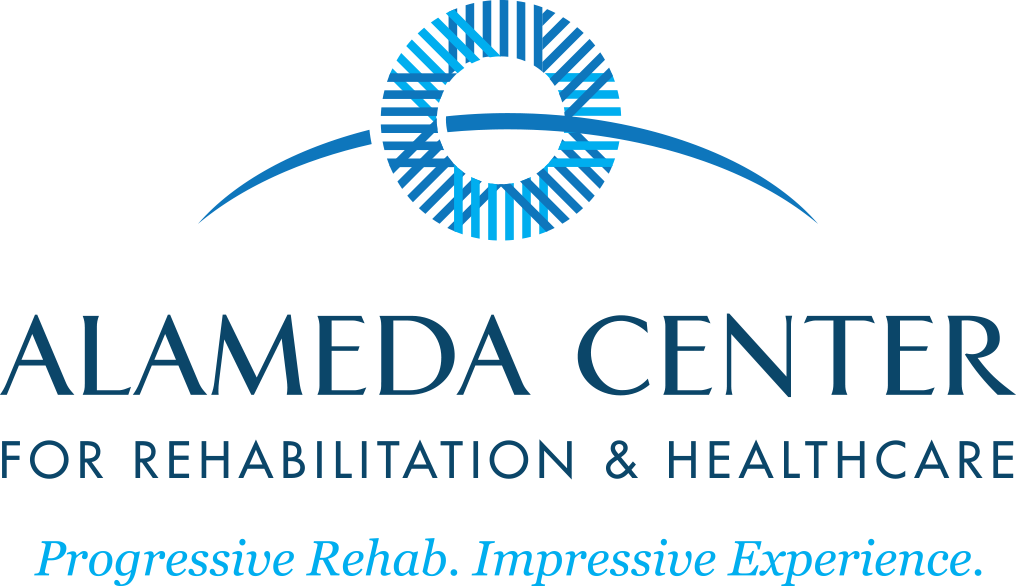Can Obesity Help in Stroke Recovery?
A new study is turning standard results about the effects of obesity on their heads – it showed that stroke patients who were obese had a much higher stroke recovery rate than those of regular weight, and those of the lowest weight bracket had the worst survival rates. Doctors are trying to make sense of these findings.
The findings of this important study
The study followed 1,033 people who had a stroke, average age of 71, who had ischemic stroke. The researchers found that obese people were 62% less likely to die as the result of a stroke within the first three months, and that very thin people were 67% more likely to die from a stroke during that same period. These results run against conventional medical advice to avoid obesity because it can lead too stroke and other health concerns.
Why these findings are surprising
Multiple studies everywhere over the course of decades has proven that obesity causes all sorts of medical and health disasters, most acutely for cardiac health. Being overweight greatly increases the risk of a heart attack and a stroke. However, it seems that for those who do end up having a stroke, being overweight can help the patient survive.
There are some hypotheses about why this would be the case. One is that once the patient has a stroke, the fat stores actually help the person recover. Thinner people, who don’t have the fat giving their body energy, are too frail for recovery, and this puts them at a disadvantage. They simply don’t have the ability to complete the exhausting therapies necessary to get to complete stroke recovery.
Two kinds of strokes
This may be something known as the obesity paradox, which explains that obese people in certain groups do better overall with stroke and other ailments. However, there may be other things at play that serve to clarify what exactly is going on here.
Doctors noted that the cause of stroke for each category may be different, and this may highly influence what we see as the results. The strokes experienced by obese patients are more likely attributed to cardiovascular disease, while the thinner patients are more likley to have experienced ischemic stroke, which is due to irregular heart rythms. This second type is much more damaging, which would explain the higher death rates.
They also say that the thinner patients may also have other indicators of health problems, such as general frailty, which might make them prone to health issues.
Stroke recovery
On the whole, doctors are not running out to proclaim the benefits of being obese. They are trying to figure out why the fat may be protective or helpful for stroke recovery, but so far they are standing by the mounds of research showing the detrimental effects of being severely overweight, and researchers continue to find ways to improve methods of stroke recovery.
The Alameda Center has a strong stroke recovery unit where we use multiple methods to help our patients recover and more back to full function.
